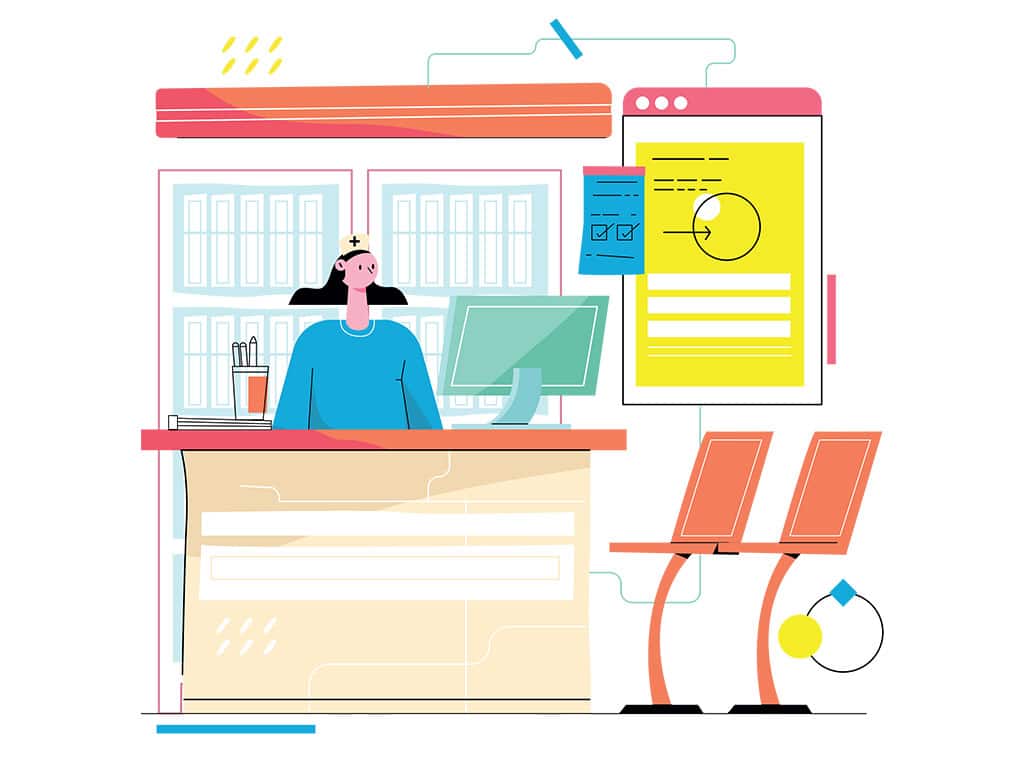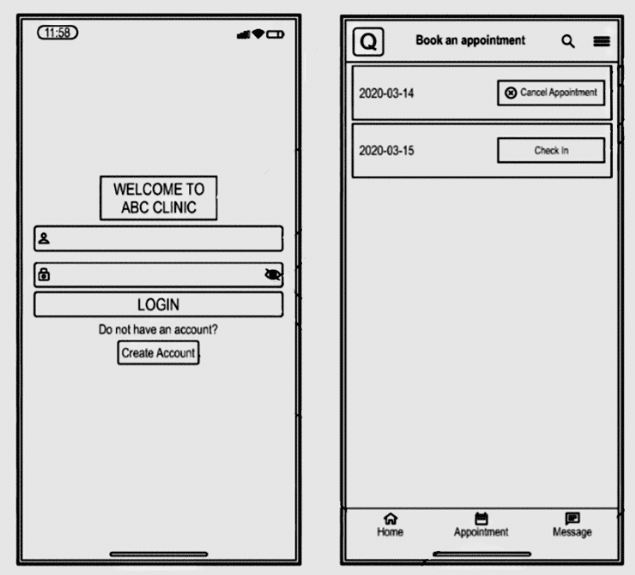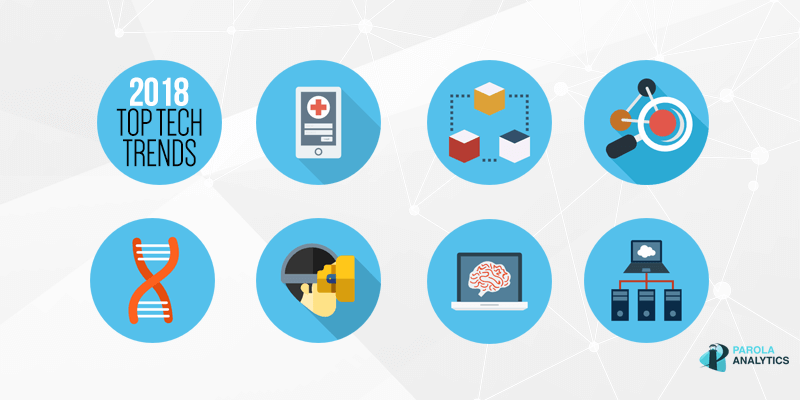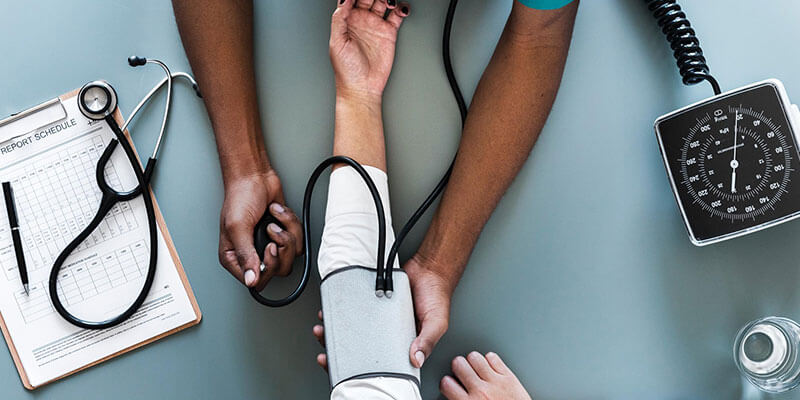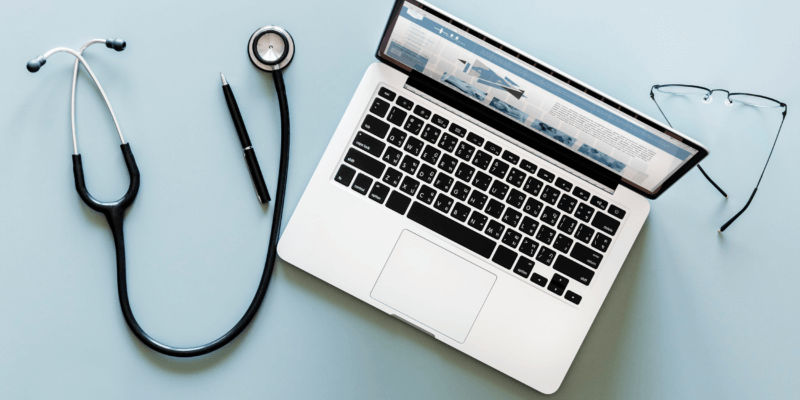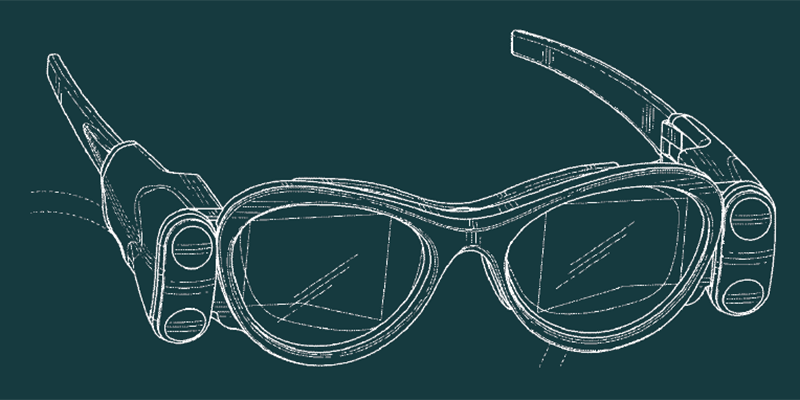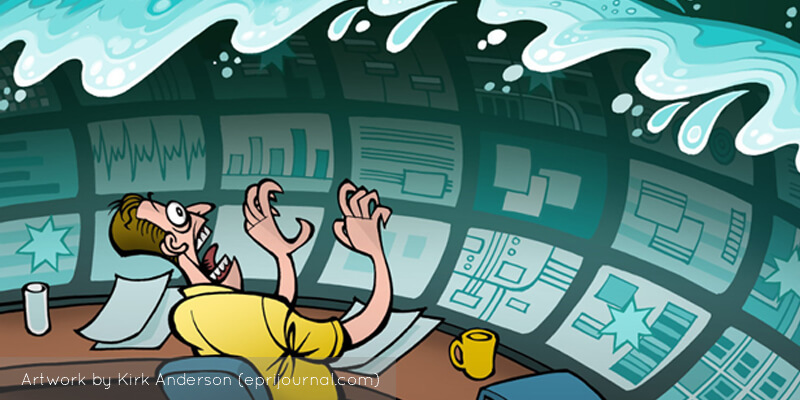Quedo, a startup in Minnesota, is patenting a way for patients to remotely check-in at medical facilities, and for said medical facilities to access patients’ data before they arrive. The wireless check-in system aims to eliminate or greatly minimize the need to interact with a hospital’s front desk.
Fig. 1. Illustrations of a welcome/sign-in screen [left] and upcoming appointments [right] presented to a user of the disclosed embodiment of a wireless check-in system.
Quedo’s system is presented as a mobile application, in which patients can enter their information for quick and easy access by healthcare providers. Such data may include a person’s name, address, phone number, ID, and insurance information. The patent application aims to remove the step of the pre-care process that makes patients fill out forms or secure paperwork. Automating the check-in procedure also cuts down on interactions that may facilitate the spread of germs and viruses.
Not only can users registered to a healthcare provider’s check-in platform schedule appointments from their phone, but their doctors may also use the app to check, via GPS, patients’ estimated time of arrival.
A patient may accomplish a questionnaire regarding their condition before the appointment, enabling medical staff to plan treatment approaches and prepare necessary equipment or medicine. The app’s text messaging capabilities enable doctors to further investigate the severity of their patient’s condition.
Quedo says healthcare facilities would manage their respective check-in systems and safeguard their users’ sensitive information. They may operate the system through a remote server, in the cloud, or on a local computing system.
As a baseline security measure, the platform would require registrants to validate their identity using photos and documents. Accounts would also be password-protected and capable of two-factor authentication, which involves entering a code sent via text message or email every time a login is attempted.
Patients under 19 years of age who may have yet to obtain necessary IDs or documents are still able to check in remotely, but Quedo says it will be up to the healthcare provider to validate their data.
Another benefit of the app’s GPS functionality is that it allows parking lot/outdoor triage of patients, especially in situations where the facility is overwhelmed by patient volume, or where patients are likely to be contagious with an infectious agent.
The system may automatically prompt users to check-in whenever they come within proximity of a healthcare facility. This is done through geofencing, which involves setting a virtual perimeter around an area of interest, and connecting any GPS- or RFID-enabled device to a central system.
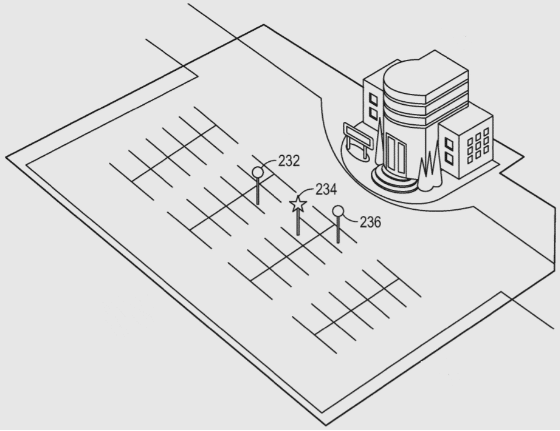
Fig. 2. An illustration of the geofencing capability of the wireless check-in system.
Quedo’s invention is aimed at drastically reducing wait times at emergency departments which, according to the CDC, still reach upwards of 15 minutes for 45% of all visits and upwards of an hour for 15%. Where the urgent provision of care could mean the difference between life and death, there is no reason not to leverage widely available technology like mobile phones and GPS. Especially during the COVID-19 pandemic, where hospitals face overcrowding and healthcare workers are at risk of infectious contact, a remote check-in system may not only be convenient, but necessary.
The featured patent application, “Wireless Check-in System For Healthcare Environments”, was filed with the USPTO on March 15, 2021 and published thereafter on September 16, 2021. The listed applicant is Quedo Inc. The listed inventor is Robert Mullaney.
